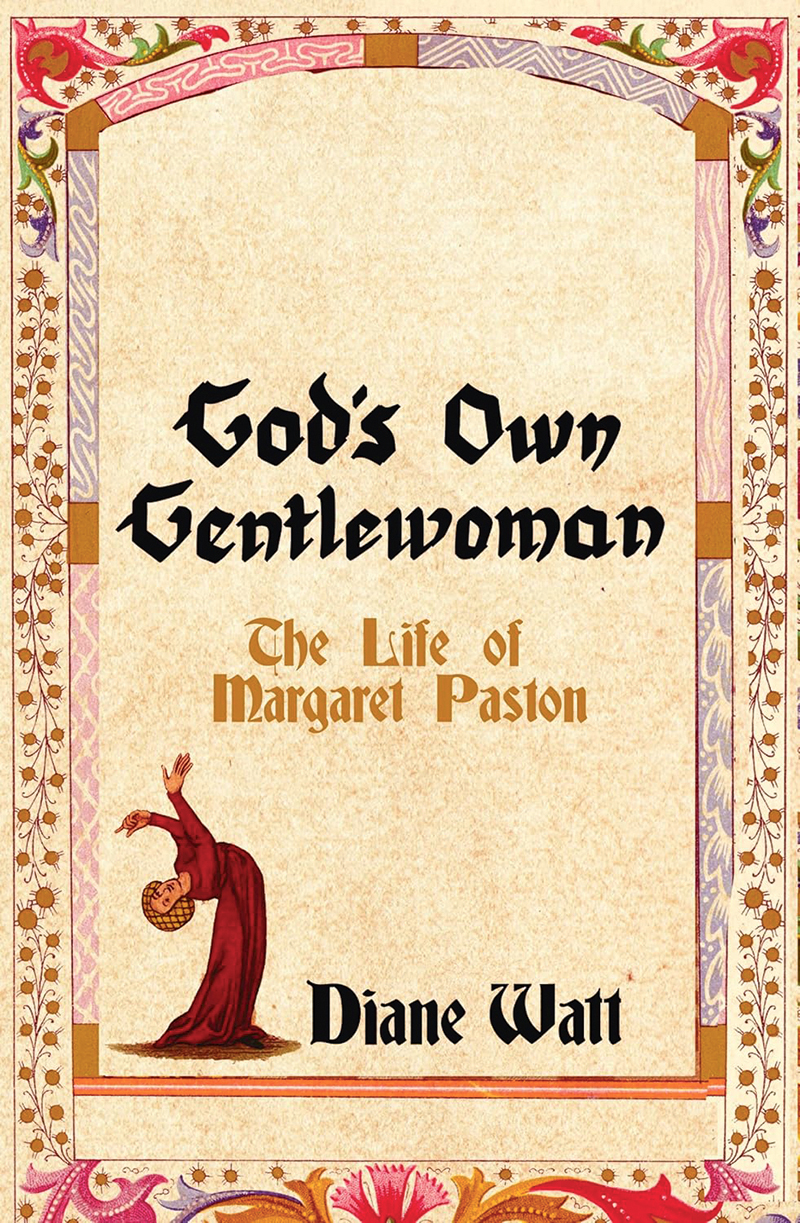God’s Own Gentlewoman is a biography of the late medieval landowner, housewife and letter writer, Margaret Paston. Born just over six centuries ago in rural Norfolk to a well-off family, Margaret was her father’s only child and heir. At the age of around 20 she married into the socially ambitious and emergent Paston dynasty.
Yet, despite her elevated social position, most traces of Margaret’s life would have disappeared into obscurity, had it not been for the almost chance survival of her correspondence alongside that of other family members in the Paston records and papers. In the 18th century, these documents were found rotting in the muniment room at Oxnead Hall, the crumbling former country home of the William Paston, the impoverished second Earl of Yarmouth, who had died a few years previously. Fortunately, they were rescued and preserved by a local antiquarian. They are now held in the British Library.
Get the latest news and insight into how the Big Issue magazine is made by signing up for the Inside Big Issue newsletter
That this letter collection was not lost is something of a minor miracle. Margaret’s contribution consists of over 100 items, spanning the years immediately following her marriage to those leading up to her death.
In fact, more letters from Margaret have come down to us than from any other of the Pastons. She was an enthusiastic correspondent, who must have spent many hours of her day composing messages to members of her family and reading their replies. Her husband John was a lawyer who spent much of his time in London, while Margaret remained at home in Norfolk, managing their extensive estates, bringing up their seven children and overseeing their servants. Consequently, most of her letters were written to John, and then, after his premature death, to their two eldest sons. Yet it seems that Margaret had never been taught to write, so her sons and servants had to act as her scribe.
Margaret’s letters provide us with a unique insight into the life of a well-to-do wife, mother and then widow in 15th century England. Within them, she describes how she longs for her husband during his extended absences, her concern for his health and wellbeing and her excitement at her pregnancies. Later, she writes about her disagreements with her children and frustration at their behaviour.










